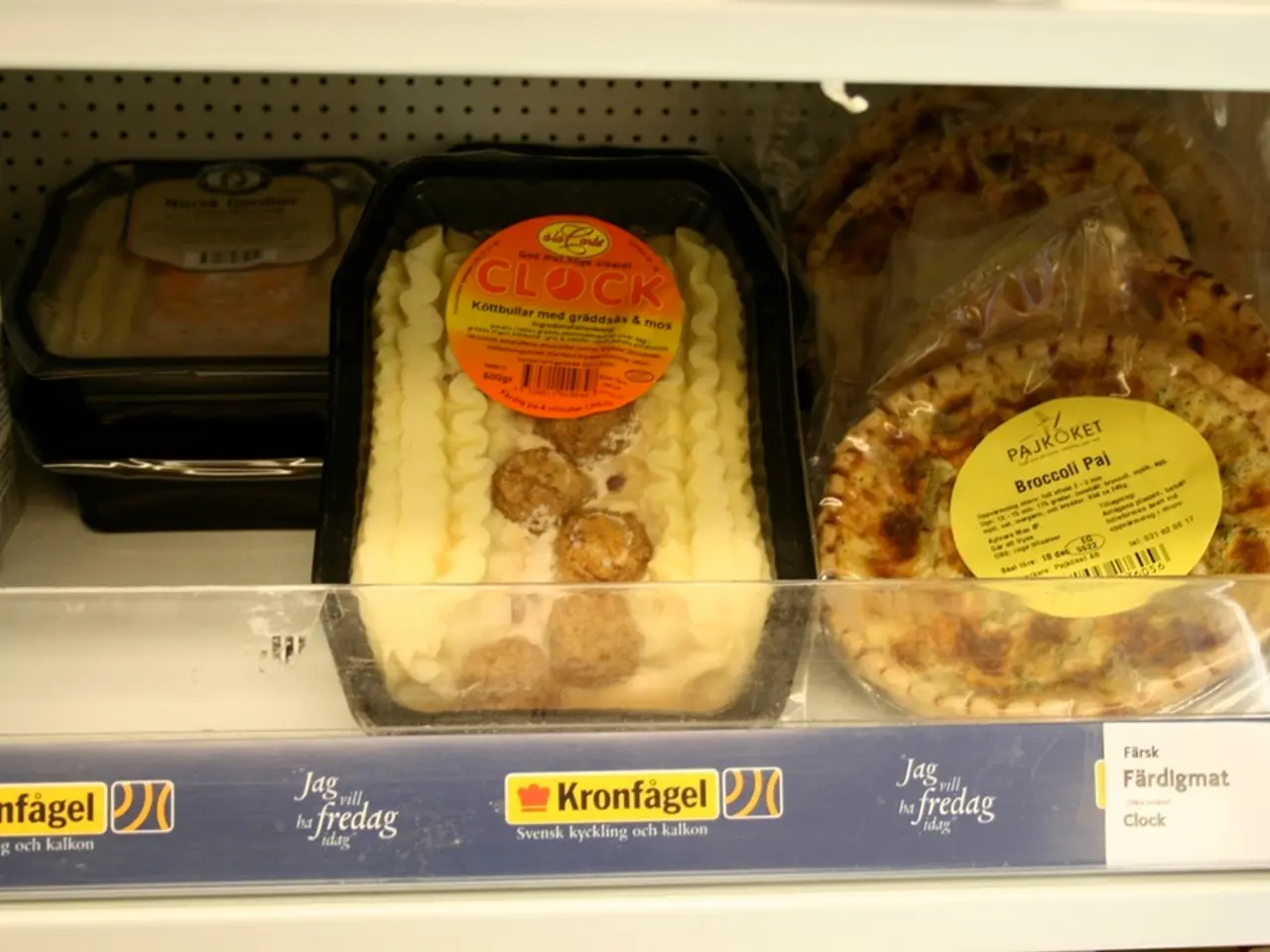Energy costs for gas and electricity have been unknowingly overpaid by customers.
In the face of soaring gas prices and additional CO2 costs, German households are feeling the pinch as these factors directly impact electricity prices, causing concern and despair when looking at their bills [1][2]. High electricity and gas prices have been reported by renowned media outlets such as "Der Spiegel" and the FUNKE media group, with the Federal Network Agency also monitoring the situation [3][4].
Germany holds some of the highest electricity prices internationally, with renewable energy sources alone unable to meet the demand, particularly during peak times [5]. Gas power plants often step in to fill the gap, determining prices on the wholesale electricity market [6].
However, there is a silver lining for consumers. By switching from standard supply tariffs to alternative energy providers or tariff plans, households can save over €2 billion [3]. This shift often involves choosing providers that offer more competitive rates, including those prioritizing renewable energy sources, which are part of Germany’s broader energy transition ("Energiewende") strategy [2].
Key cost-saving approaches include:
- Switching suppliers: Germany’s energy market allows consumers to choose amongst various electricity and gas providers. By opting for more competitive offers, households can benefit from lower prices and better contract terms [3].
- Opting for renewable energy tariffs: As Germany increases its renewable electricity share, some suppliers offer tariffs based on locally generated renewable energy, which can sometimes be cheaper or come with additional benefits like price stability [2].
- Investing indirectly in district heating: For some households, particularly in urban areas, moving from gas-based heating to district heating systems powered by local renewables can reduce dependency on imported gas, lowering long-term costs despite upfront infrastructure investments [1].
- Energy efficiency and retrofitting: Improving building insulation, upgrading heating systems, or participating in energy-saving contracting schemes can reduce overall consumption and thus bills [4].
The well-developed energy market and supportive regulatory framework in Germany enable consumers to switch from standard supply tariffs to more economical and greener options [3][2]. Consumers are advised to check their current tariffs and switch if necessary, as suggested by Thorsten Storck of Verivox [3].
It is worth noting that around 25 percent of electricity customers and 19 percent of gas customers are still in the more expensive standard supply tariffs [7]. Many households in Germany are paying unnecessarily high prices for electricity and gas by staying in the expensive standard supply.
The high electricity prices in Germany are primarily due to increased network charges, taxes, and levies [8]. The specific amount of money being wasted by consumers due to their inaction is not specified in the provided text. Nevertheless, it underscores the importance of making informed decisions about energy supply and taking advantage of the available options to save money and contribute to a greener future.
- In an effort to alleviate the financial burden of high electricity prices, many German households are now considering switching from standard supply tariffs to alternative energy providers or tariff plans, potentially saving over €2 billion.
- To capitalize on the well-developed energy market in Germany and reduce costs, some households are opting for renewable energy tariffs, locally generated renewable energy, district heating systems, or increasing energy efficiency measures, such as building insulation and upgrading heating systems.




